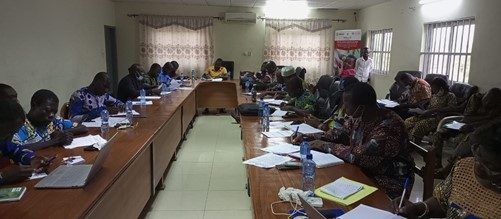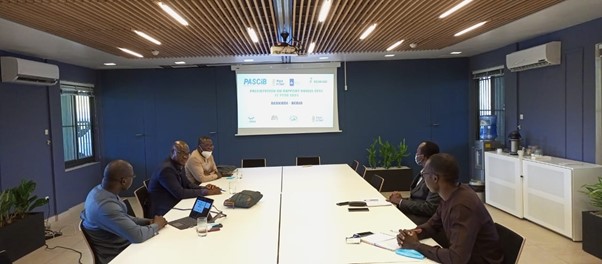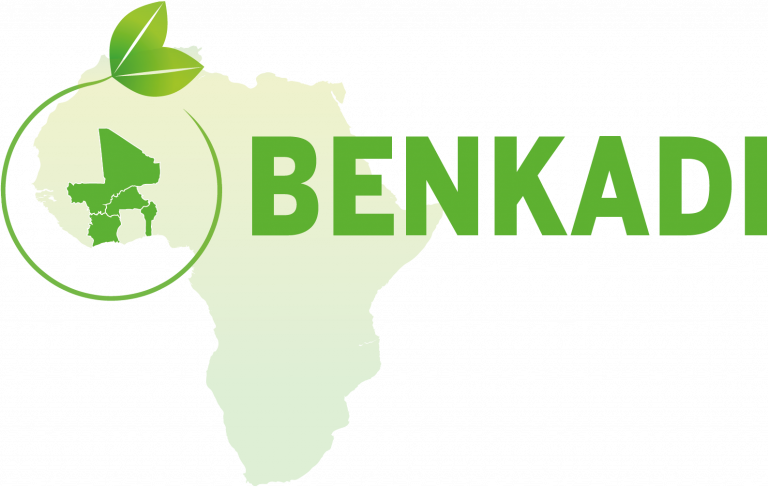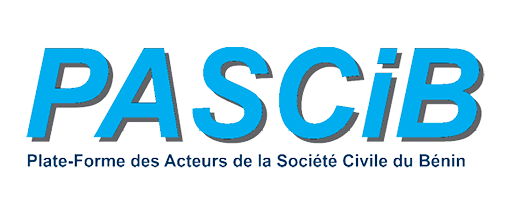Benkadi Benin
Many communities in Benin earn their living from cattle breeding, fishing and forestry. These are activities that are very sensitive to climate change. This makes these groups extra vulnerable to climate change. But it also stems from the low capacity of their social and ecological systems to cope with extreme climate conditions and existing constraints on ecosystem services due to processes such as deforestation, desertification and river flooding.
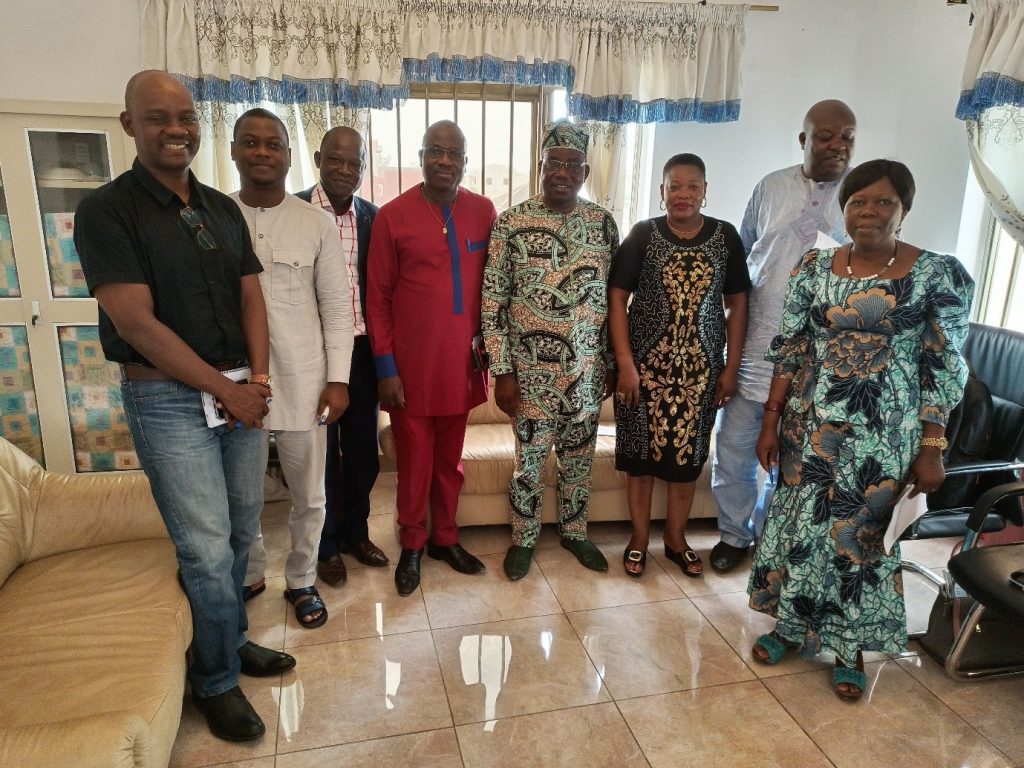
As a result, local communities face environmental problems such as soil degradation, loss of flora and fauna, deforestation, disruption of the ecosystem, flooding and water pollution. La PASCiB se propose de promouvoir et d’adopter l’approche d’adaptation basée sur les écosystèmes comme solution aux effets néfastes des changements climatiques pour une gestion intégrée des ressources en eau et une gestion durable des terres.
Through the Benkadi project, PASCiB aims to influence and improve the effectiveness of public policies on climate change. PASCiB works with local communities, ministries and local officials to strengthen citizen participation, the involvement of marginalised groups and multi-stakeholder dialogue. Strong civil society involvement is sought in creating ecosystem-based adaptation.
Activities in Benin focus on the most vulnerable agro-ecological zones in five regions and ten municipalities: Alibori (Karimama, Malanville); Collines (Dassa, Ouèssè); Mono (Grand-Popo, Athiémé), Ouémé (Aguégué, Dangbo) and Zou (Ouinhi, Za-Kpota).
After the official start of the project in Benin on 21 June 2021, several great results have been achieved, including:
- Completion of thirteen baseline studies;
- Recruitment of seven implementing partner NGOs;
- Lobbying and advocacy with the Dutch Embassy, Parliament, sectoral Ministries, local authorities and CSOs. This generated several commitments from partners to support the implementation of the project and for a synergy of actions.

